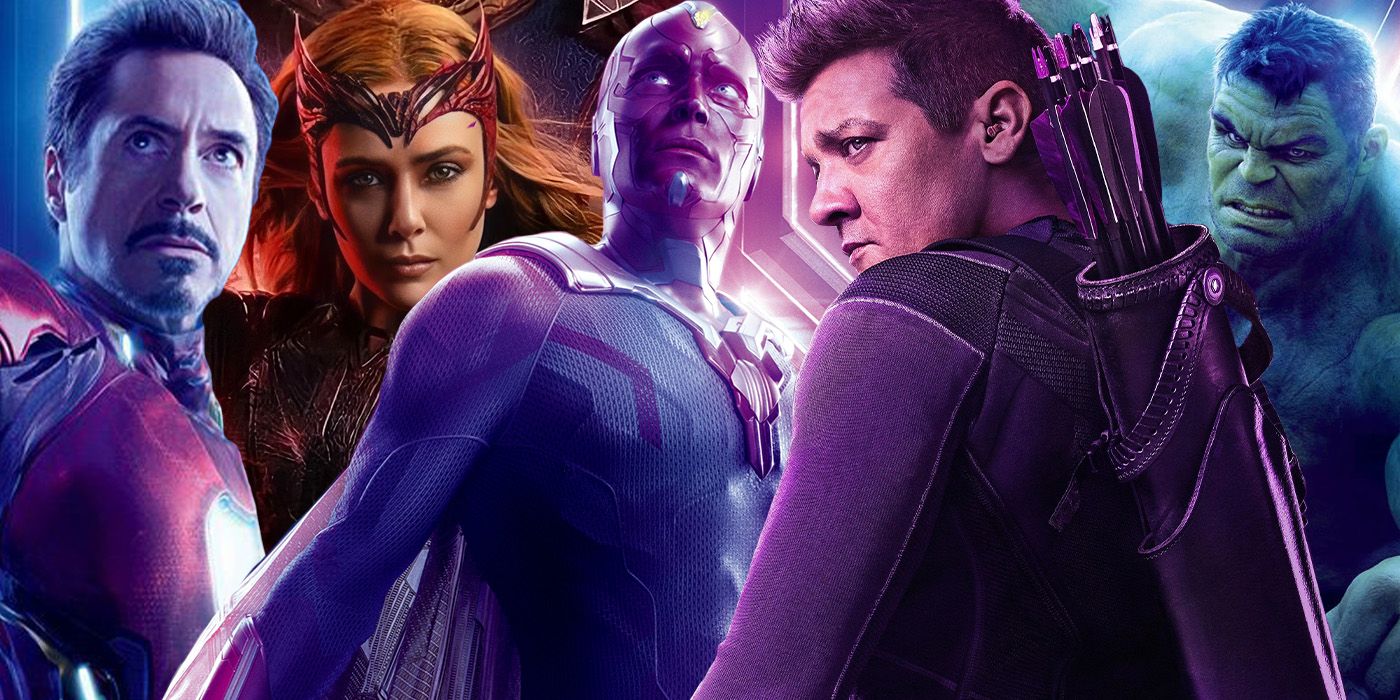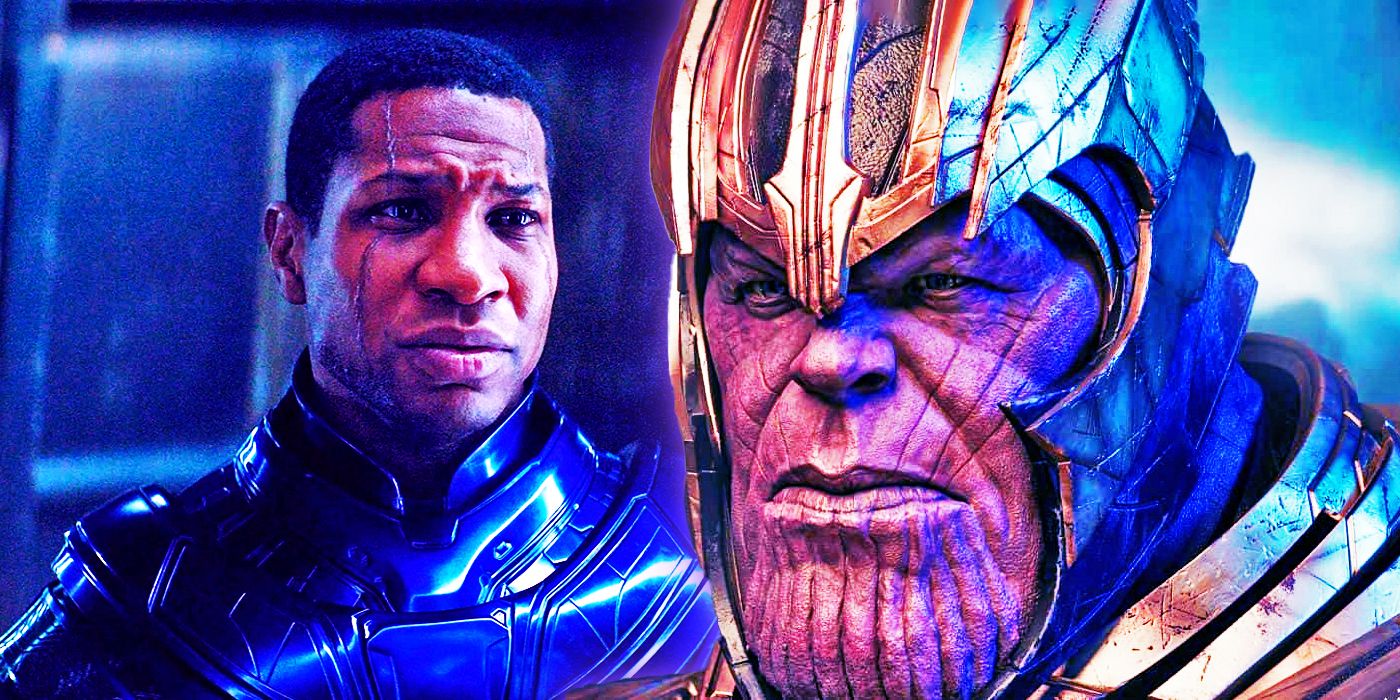A veteran executive producer for Marvel Studios has shed some light on the creative process behind the MCU's success. The franchise, which debuted fourteen years ago with 2008's Iron Man, has fundamentally reshaped the Hollywood blockbuster model to emphasize continuity and world-building. With Black Panther: Wakanda Forever now in cinemas, the MCU currently consists of thirty feature films, all within a sprawling shared universe, each a box-office success.
One of the biggest secrets behind the success of the MCU has been revealed by seasoned executive producer Nate Moore. Moore has worked as part of Marvel chief Kevin Feige's core team for the past twelve years, contributing to both individual productions and the wider creative strategy of the MCU. In an interview for The Town with Matthew Belloni, Moore explained that he, Feige, and the rest of the core team undertake an annual retreat where they collectively brainstorm what directions they would like to see the MCU explore. The secret, he stresses, lies in their creative flexibility.
“The idea is to not be incredibly prescriptive…we don’t want to lock in very smart people to ideas that might not work when they get into the weeds. So even though I’ve given you this document, and you’ve come and pitched, we might in the process of talking move away from what we thought was the right version of the movie, to something completely different. And that’s okay, as long as we’re starting from the same place, because at least then we like the same thing about the material that you like.”
Moore also credited Marvel's continuous success to the fact that they rarely collaborate with outside producers, preferring to keep decision-making in-house, encouraging creative cohesion and dissuading competition. Moore has a long career history with Feige, having started as a production assistant on Spider-Man 2 in 2004 (for which Feige was an executive producer). His first MCU credit was as a co-producer on 2014's Captain America: The Winter Soldier. His comments on the creative decision-making within Marvel's uppermost echelons will attract the keen attention of producers at other major Hollywood studios, who have long sought to emulate the success of the MCU's continuity-based formula.
Marvel's Continuity Approach Has Helped It Outperform Other Franchise
In the decade-and-a-half since the MCU was born, there have been several efforts to build other shared universes out of pre-existing cultural IPs. Warner Bros, the owners of the DC brand (Marvel's most longstanding and direct competitor in the superhero market), sought to fast-track a franchise that would establish the Justice League as a cinematic rival to the Avengers. Ironically, the decision to fast-track such in-universe development was one of the most prevalent criticisms from critics and audiences alike. While the 'DC Extended Universe' enjoyed reasonable - albeit mixed - box office results, it struggled to contend with Marvel critically and commercially. More infamously, Universal Studios attempted to launch a 'Dark Universe' inspired by classic monster movies before it canceled all such plans following the poor performance of 2017's The Mummy.
Moore offering up such secrets of the MCU formula may inspire renewed and improved efforts by other studios to compete against the Marvel Studios machine. Though the franchise has continued to be a commercial and critical success, concern has been mounting regarding its impact on the mainstream Hollywood landscape. Expressions of 'Marvel fatigue' have become more commonplace, given the sheer abundance of MCU feature films and a plethora of television series on Disney+, rendering the experience of Earth's Mightiest Heroes more like homework than heroic.
Source: The Town with Matthew Belloni


